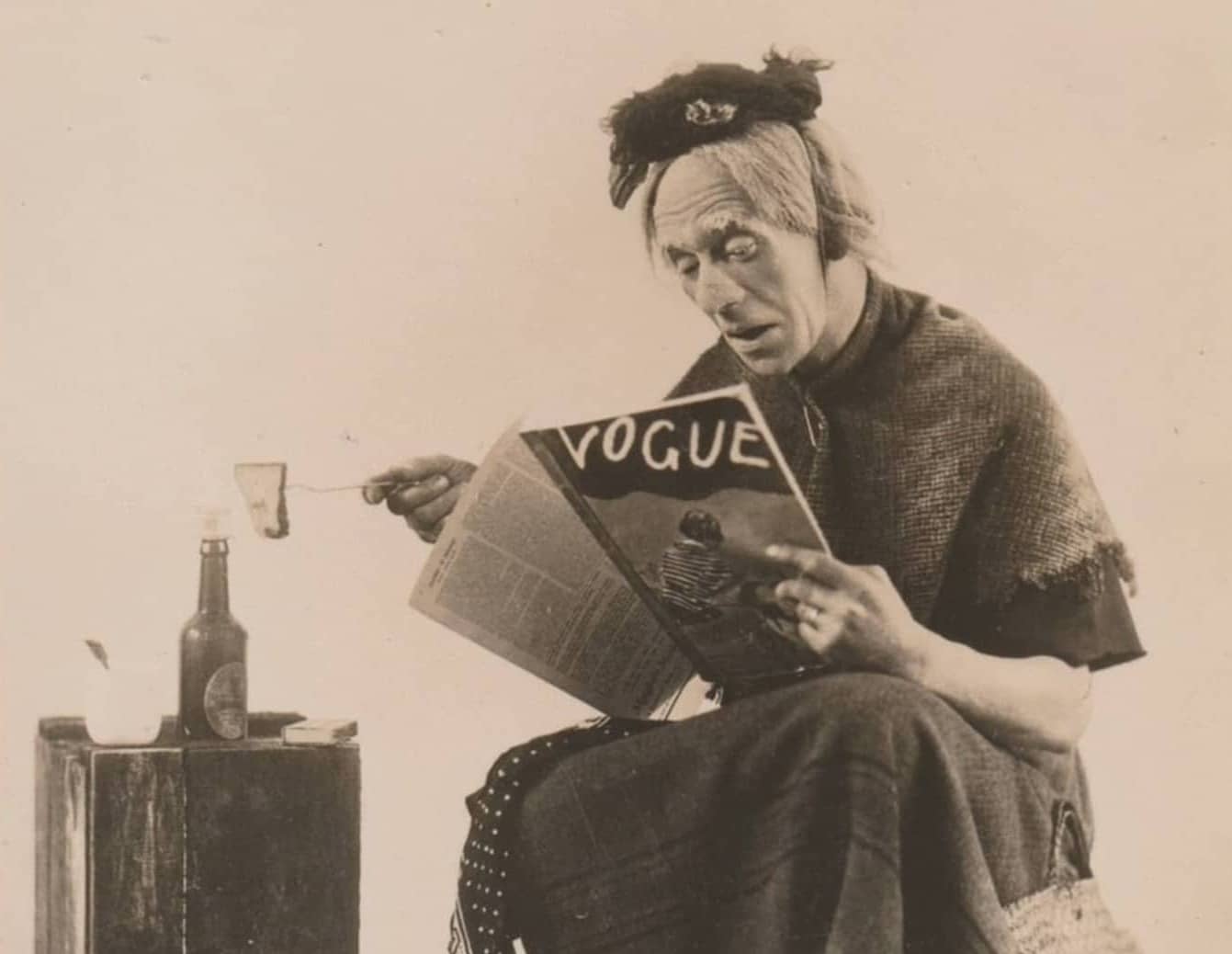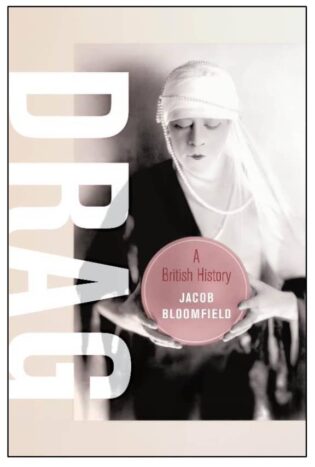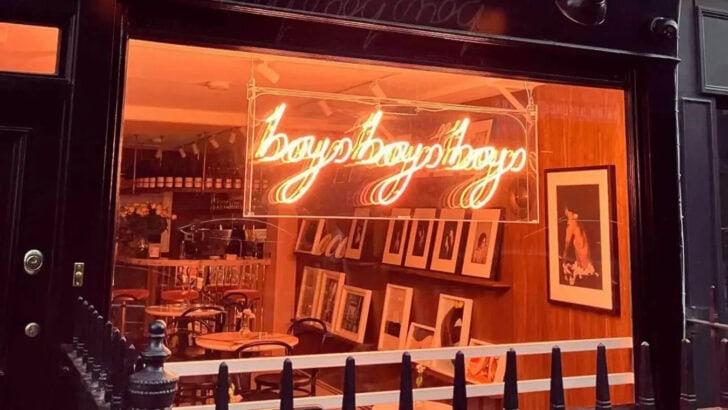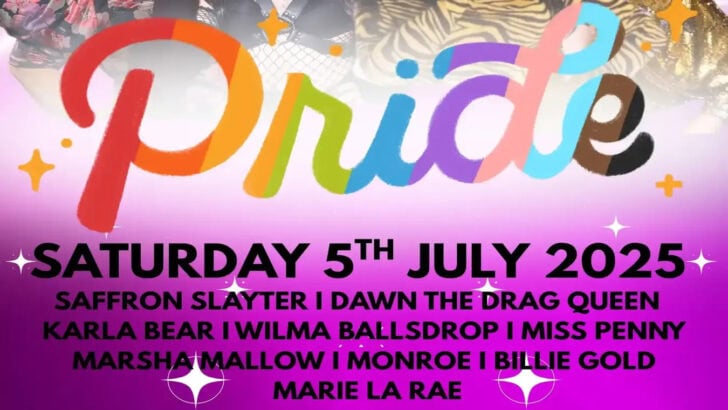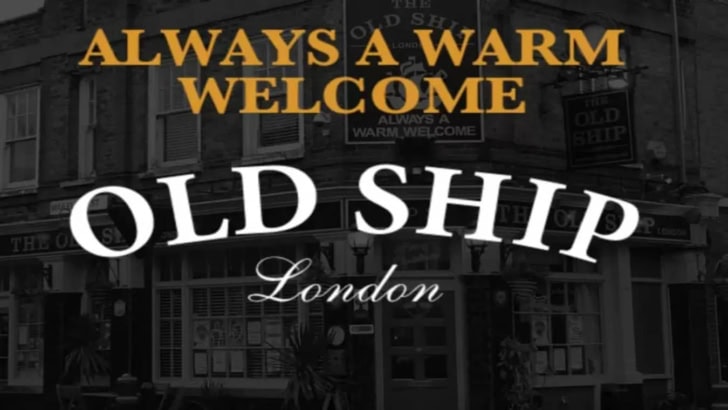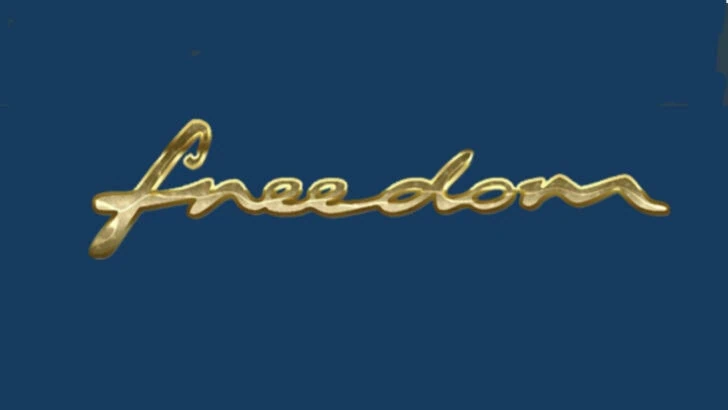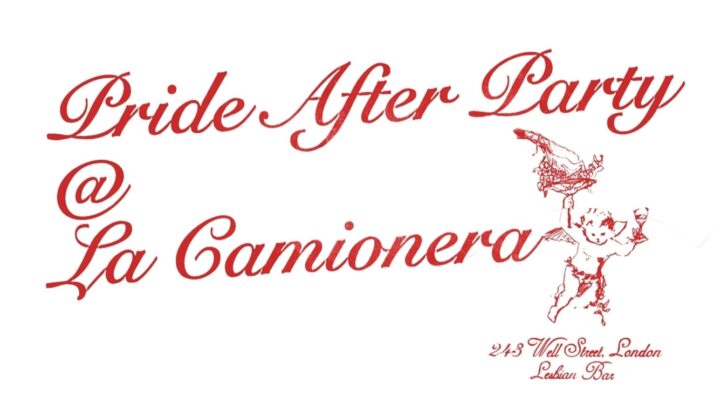Drag: A British History is Jacob Bloomfield’s compelling history of drag, which charts the progression of drag through the centuries.
In the Epilogue to the book, Jacob informs us, “Historically, the meanings of drag have been capacious. Drag flourished as a mass cultural form largely because it could mean different things to different observers, including progressivism, conservatism, exciting sexual and gender possibilities, glamour, pertinent social and political commentary, frivolity, profundity, pathos, comfort and discomfort. Drag has also entertained us – all of us, of every background – and the enduring pertinence, adaptability, and dynamism of the art form ensure that it will continue to flourish.”
Drag: A British History is a groundbreaking study of the sustained popularity and changing forms of male drag performance in modern Britain. With this book, Jacob Bloomfield provides fresh perspectives on drag and recovers previously neglected episodes in the art form’s history.
The book offers an overview of drag from its developments in the 17th Century; it pays special attention to its expressions from the late Victorian era until the 1970s, which saw the end of theatre censorship marked with the passing of the Theatres Act in 1968. It closes with a look at ‘radical drag’, a more recent phase in the theatrical genre (born in the 1970s) which claimed drag as ‘the preserve of gay culture and politics’.
The chapters introduce readers to some fascinating drag characters who personified what drag came to mean for their contemporaries and the evolution of the art form. Arthur Lucan, one of the foremost entertainers during the first half of the 20th Century, was ‘Old Mother Riley’, a feisty and sharp-tongued Dame. Lucan’s persona was so intertwined with Riley’s that many observers thought Riley was played by a genuine old woman. Hauntingly, Lucan even died in the clothes and makeup of his indelible character while awaiting his cue backstage. Bloomfield illuminates the history of Lucan and other dames while exploring how the dame obtained her special place in the hearts of the British public today, most notably as a fixture of the beloved Christmas pantomime.
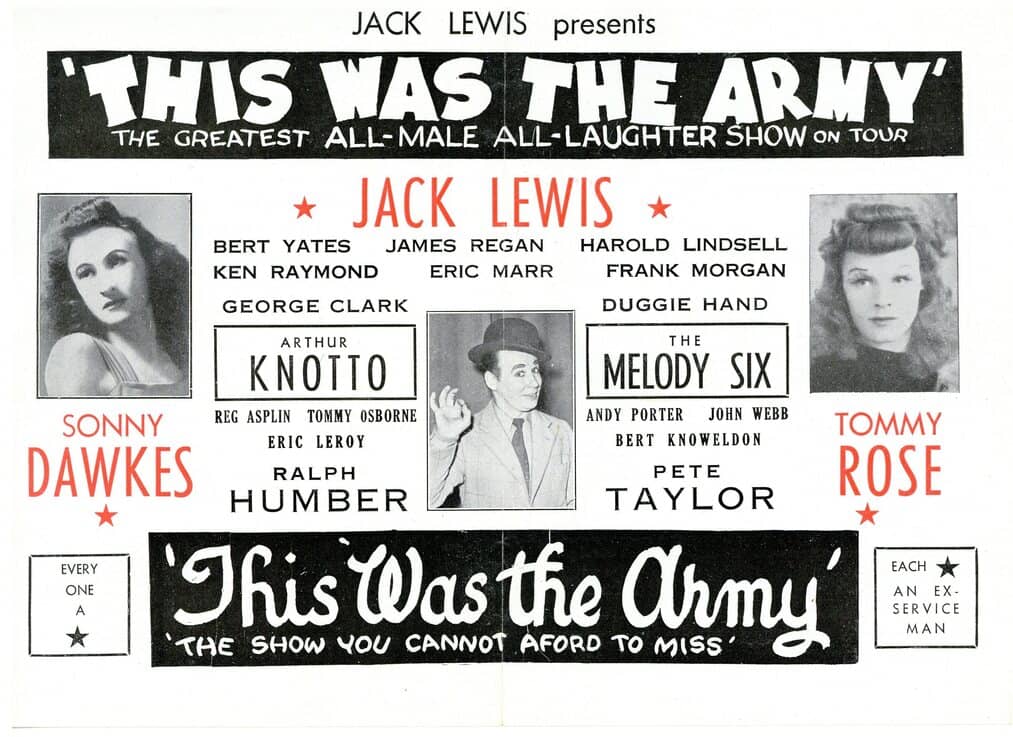
Though largely forgotten today, productions starring casts of ex-servicemen in drag were incredibly successful during the interwar and post-Second World War periods. A drag troupe composed of men who fought in the First World War, Les Rouges et Noirs, was the subject of the second ‘talkie’ film produced in Britain. Ex- servicemen’s drag revues endured as a widespread cultural phenomenon into the mid-1950s, with shows such as Soldiers in Skirts and Forces in Petticoats filling halls throughout Britain.
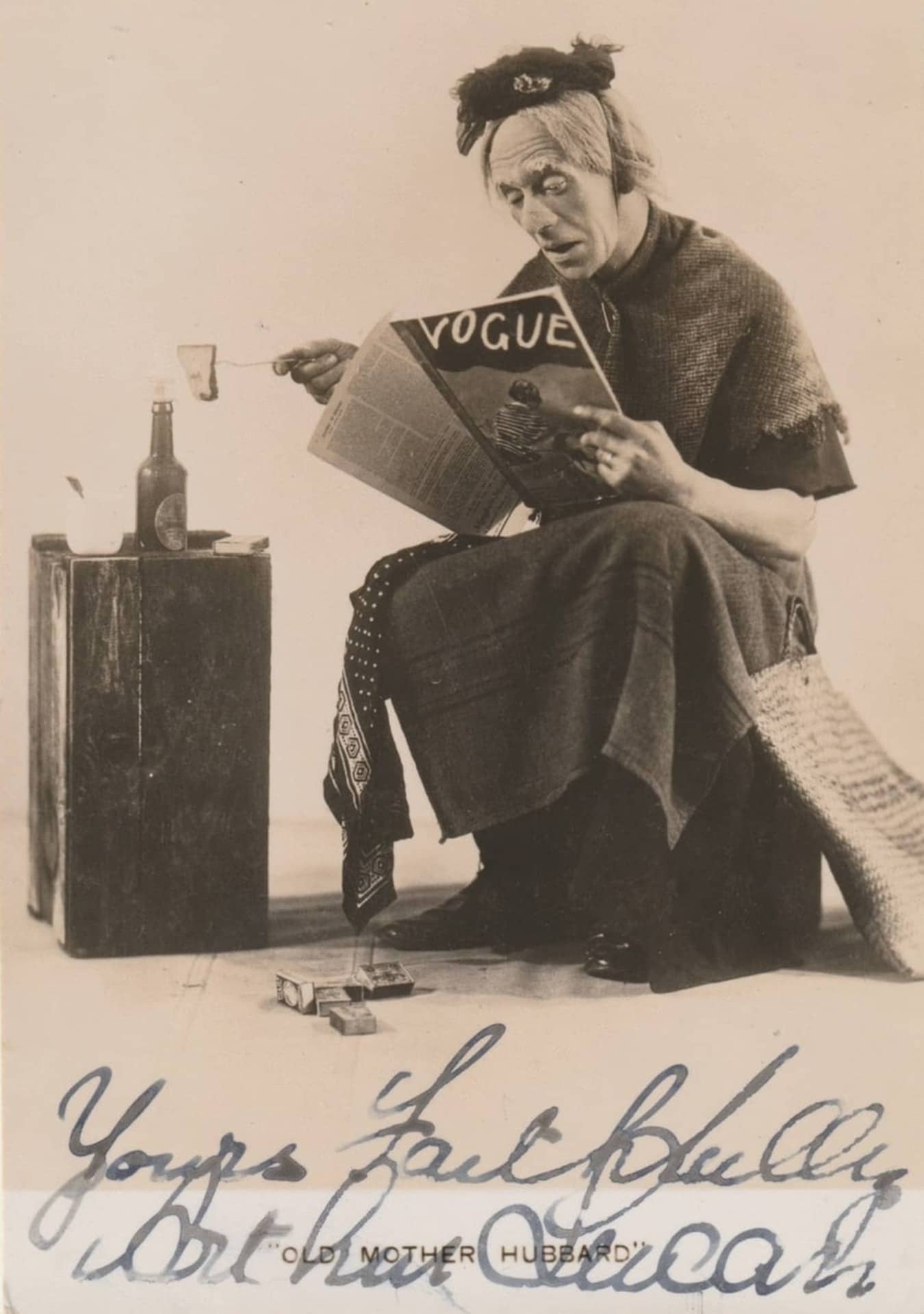
A whole chapter is devoted to the great drag personality of Irish descent, Danny La Rue. Like Arthur Lucan, La Rue was one of the preeminent entertainers of his day. He had his own club in Soho that counted royalty, like Princess Margaret, and contemporary celebrities, such as Judy Garland, as guests. Interestingly, the highly contradictory La Rue was an example of ‘conservative drag’ as he lamented the moral decline of British society in the swinging sixties.
The great success of this varied cast of entertainers at different stages of British history demonstrates that drag has persisted as an intrinsic and common part of British popular culture despite its transgressive associations. Importantly, as Bloomfield demonstrates, drag was also at the centre of public discussions around gender and sexuality in the nineteenth and twentieth centuries, from Victorian sex scandals to the “permissive society” of the 1960s. Drag: A British History demythologizes drag, stressing its ordinariness while affirming its important place in British cultural heritage.
Jacob Bloomfield is a Zukunftskolleg Postdoctoral Fellow at the University of Konstanz and an Honorary Research Fellow at the University of Kent. His research is situated primarily in the fields of cultural history, the history of sexuality, and gender history. He is currently working on a book about the historical reception of musician Little Richard in the United States and Europe.
Drag: A British History
272 pages, HB, 19 b/w images; 6” x 9”, £25 Ebook: £25
Published by the University of California Press
ISBN: 9780520393325
